You are here
Back to topWas Your Pomelo Exported Illegally?
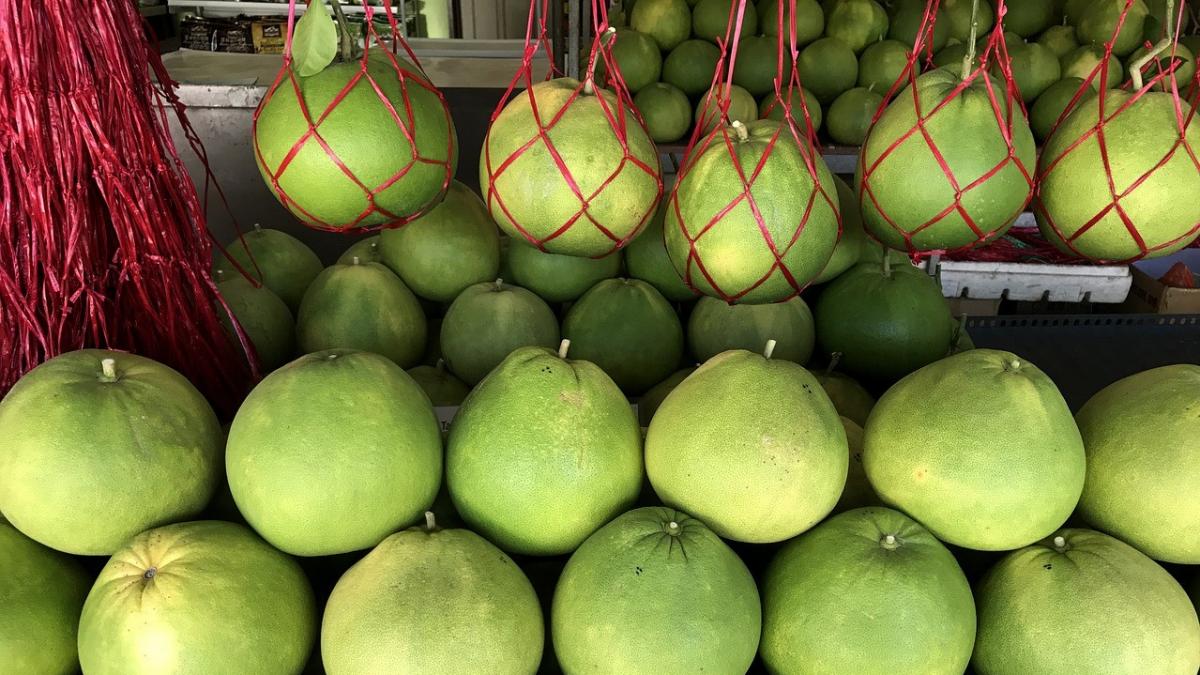
According to Thaizhonghua News, Thailand’s Ministry of Commerce has announced that it is launching a campaign to defend the reputation of Thai fruit exports. In addition to guaranteeing the quality of exported fruit, the Ministry of Commerce will also take steps to prevent neighboring countries from illegally importing fruit into Thailand and then re-exporting it to China. These malicious actors falsely apply the title “Made in Thailand” to their fruit exports, allowing them to sidestep Chinese customs authorities.
This month, Thailand’s National Bureau of Agricultural Commodity and Food Standards discovered a suspicious batch of green pomelos. This shipment was going through the process of attaining the “Made in Thailand” certification, after which the pomelos were scheduled to be exported to China through the Thai border at Chiang Khong. Upon carrying out their inspection, however, Thai authorities determined that this batch of green pomelos did not originate from Thailand and denied the certification.
Pomelo Statistics
In recent years, Thai pomelos, most notably the Ruby Green and Jade Green varieties, have become very popular among Chinese consumers. In China, a single Ruby Green pomelo, owing to low production volume and high demand, has an average retail price of 120–200 Chinese yuan ($18.31–30.51). Jade Green pomelos typically sell for a significantly lower price of approximately 30 yuan ($4.58) each.
According to Thai government statistics, Thailand exported 20,288 metric tons of green pomelos in 2020 with a total value of $21.58 million. This represents a year-on-year decrease in revenue of 15.19%, despite exports increasing by 30.46%. Approximately 46.90% of Thai pomelo exports were dispatched to mainland China, with an additional 22.81% being sent to Hong Kong.
Why?
Why are some fruit exporters taking these illegal steps to move products through Thailand? China permits over 20 types of fruit imports from Thailand. In contrast, the number of fruits authorized for import is significantly lower for other Southeast Asian countries. This is especially true for green pomelos, which are only permitted to be imported from Thailand.
In recent years, Vietnam, Cambodia and Laos have all put significant effort into expanding their fruit bearing acreage. The same applies for the land devoted to growing green pomelos, which are no longer exclusive to Thailand.
Currently, many green pomelos found in the Chinese market originate from Vietnam, despite being labeled as a Thai product. For example, the Jade Green pomelo was introduced to Vietnam from Thailand and is sometimes called “Vietnamese green pomelo” or “Vietnamese red-heart green pomelo.” However, Vietnamese green pomelos have not been authorized by China’s General Administration of Customs to be imported into China.
It is estimated that 60% of Vietnamese fruit and fresh produce exports to China enter the country through the informal border trade. This has led some Vietnamese fruit producers to illicitly use Thailand as a gateway into the lucrative Chinese market.
Image: Pixabay
This article was translated from Chinese. Read the original article.



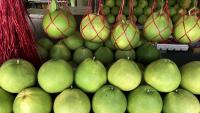
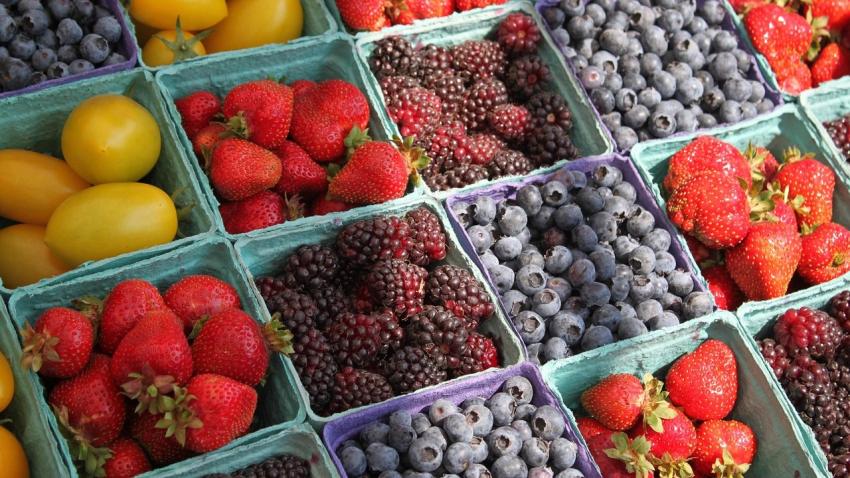
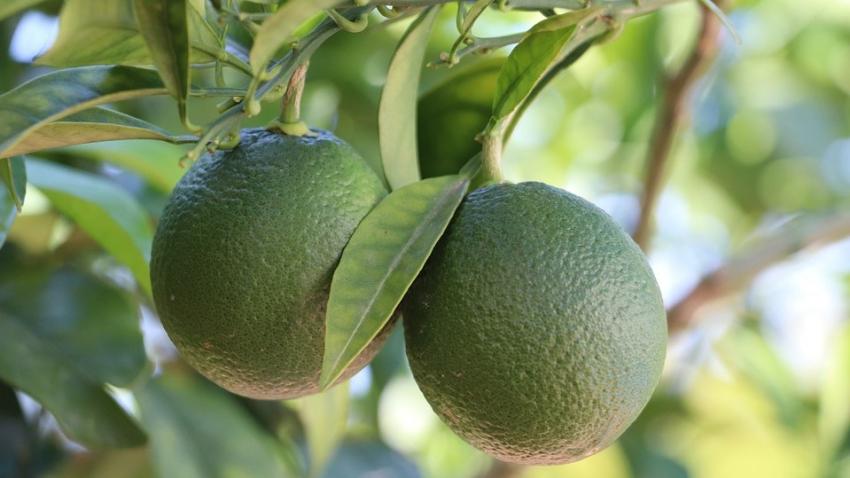
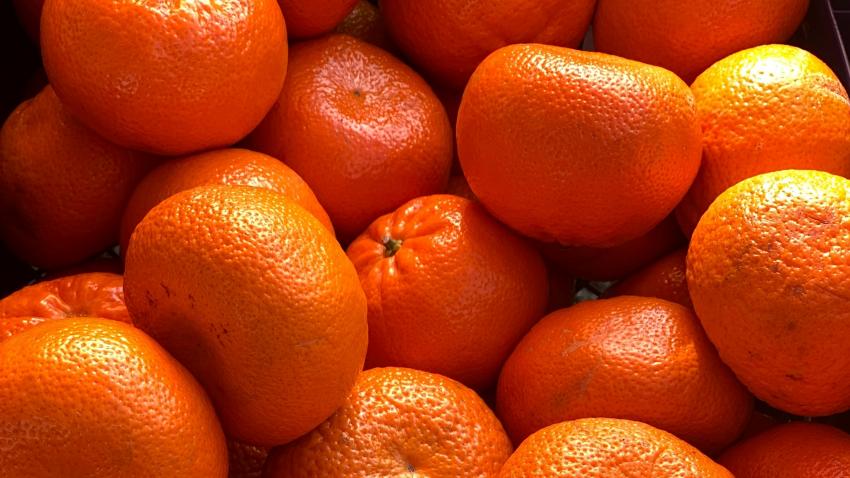
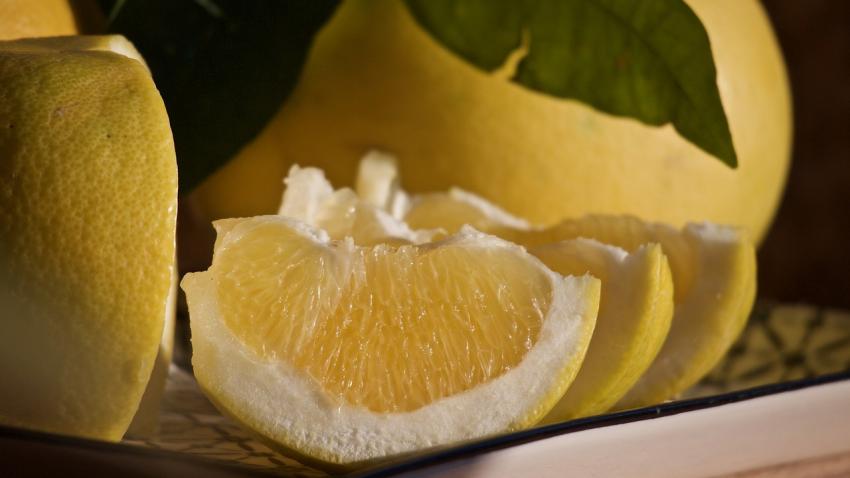









Add new comment